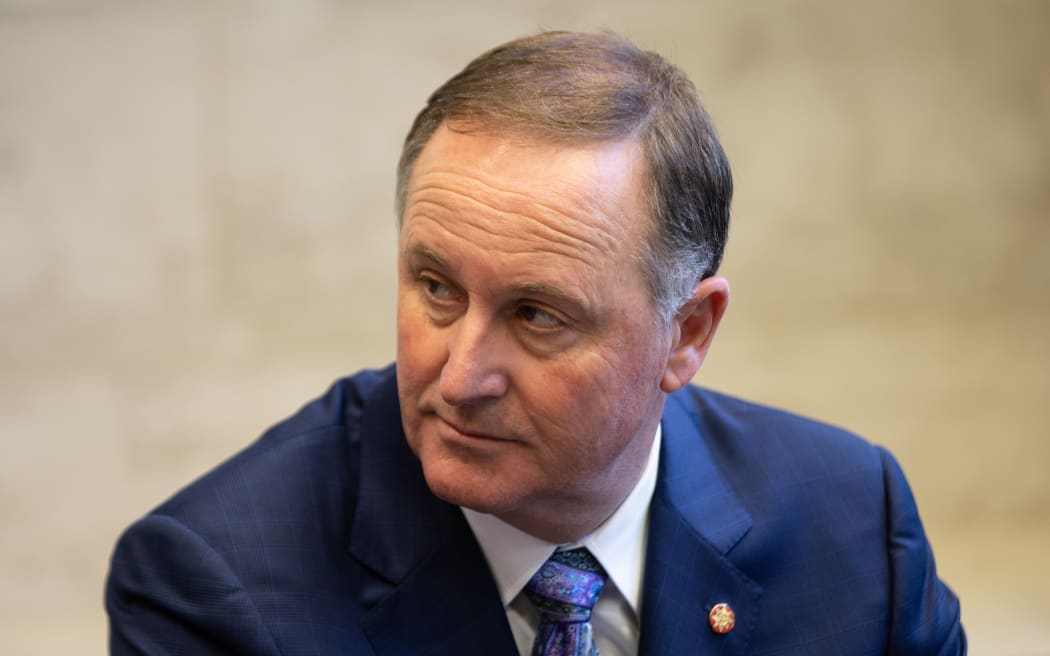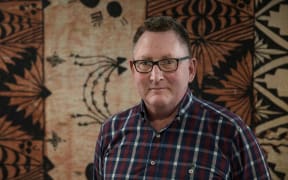Former Prime Minister Sir John Key could be forced to stand down from one of his banking roles because of a potential conflict of interest.

ANZ chairman and ex-Prime Minister John Key. Photo: RNZ / Dan Cook
Sir John chairs ANZ New Zealand and sits on the board of its parent bank in Australia.
Reserve Bank governor Adrian Orr said the trans-Tasman roles held by Sir John at ANZ and BNZ chairman Doug McKay, who holds similar roles, could raise questions over whose interests are pre-eminent.
Mr Orr said if an Australian parent company got into trouble and a director sat on the Australian and New Zealand boards and the Australian board wanted to bring money back from New Zealand, it would be difficult for a director to act in the best interests of both boards at the same time.
"My biggest concerns with boards is in whose interests are they working? Are they working for the parent shareholder, or the subsidiary shareholder ... that's a real critical challenge," he said.

Adrian Orr Photo: RNZ / Cole Eastham-Farrelly
Mr Orr had already indicated he was planning to rein in the big four Australian-owned banks - ANZ, BNZ, ASB and Westpac - as he believed they were making too much money and posed too much risk to the financial system.
Mr Orr wanted them to hang on to more of their own cash in New Zealand to ensure greater financial resilience. He was proposing doubling the minimum amount of capital held to 16 percent, though he said he had yet to decide the exact amount or timing.
Subscribe to Insight for free on Apple Podcasts, Spotify, iHeartRADIO, RadioPublic or wherever you listen to your podcasts
The big four Australian-owned banks all refused to be interviewed for RNZ's Insight investigation into banking, but their representative organisation, the Bankers' Association, commissioned former Treasury boss Graham Scott to write a submission on the Reserve Bank's capital proposals.
He argued requiring banks to hold twice as much money in reserve would cost the economy about $1.8 billion a year and could lead banks to pull money out of the country.
"Those big banks will have an expected rate of return on their investment in all their activities around the world and if the New Zealand subsidiary is not producing that rate over time, then they'll disinvest in it over time one way or another," Mr Scott said.
While Mr Orr is considering making banking directors choose between New Zealand and Australia, he was not touting the move as a high priority and no decisions had been made.



